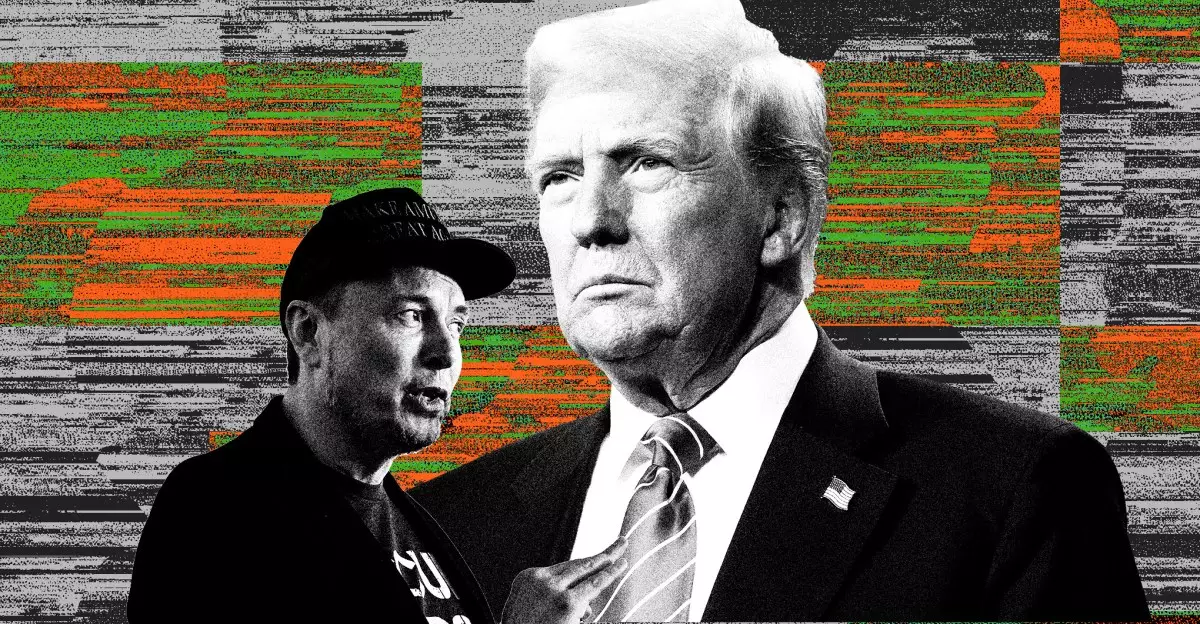The events of January 6, 2021, marked a pivotal moment in American history. As rioters stormed the U.S. Capitol, the nation grappled with the implications of unchecked rhetoric on social media platforms. In the wake of the unrest, major tech companies faced intense scrutiny over their policies regarding content moderation and account suspensions. This environment of uncertainty set the stage for a high-profile legal battle involving former President Donald Trump, who found himself banned from several social media platforms, including Twitter, now rebranded as X under Elon Musk’s ownership.
Following his bans, Trump launched legal action against multiple tech giants, arguing that their decisions violated his rights. He primarily focused on Twitter, Facebook, and Google, claiming these platforms acted as state actors, infringing upon his First Amendment rights. However, a judge dismissed his claims against Twitter in 2022, underscoring that these platforms are not government entities and asserting that Section 230 of the Communication Decency Act provides essential protections for social media companies. Despite this legal defeat, Trump’s legal battle continues, notably with Google, where the outcome remains undetermined.
Recent reports from The Wall Street Journal reveal that X, owned by Elon Musk, has agreed to settle with Trump for approximately $10 million. This settlement adds another layer of complexity to the ongoing discourse surrounding censorship on social media. Musk, who has been no stranger to controversy regarding free speech and platform governance, appears to be navigating a difficult landscape. The settlement comes after Trump’s prior successes in negotiating agreements with other media entities, including a $25 million settlement with Meta and a $15 million agreement with ABC News related to defamation.
The financial settlements reached by Trump highlight the ongoing tensions between social media companies and political figures. As platforms navigate their roles in managing speech and misinformation, they face consequences that extend beyond mere financial implications. The broader societal impact raises important questions about the influence of big tech on democracy. Trump’s legal actions may set a precedent, encouraging others to challenge platform decisions that they deem unjust, thereby reshaping the relationship between politicians and social media.
As the landscape of social media continues to evolve, the discourse surrounding free speech remains more relevant than ever. The settlement involving Trump, Musk, and X underscores the tightrope these platforms walk, balancing the need for user safety against the rights of individuals to express dissent. The implications of such cases will likely reverberate through the political realm, influencing both policy decisions and public opinion regarding the regulation of social media in the future. It poses the question: how will society define free speech in an age dominated by digital communication, and what roles will courts play in protecting or limiting those freedoms?


Leave a Reply